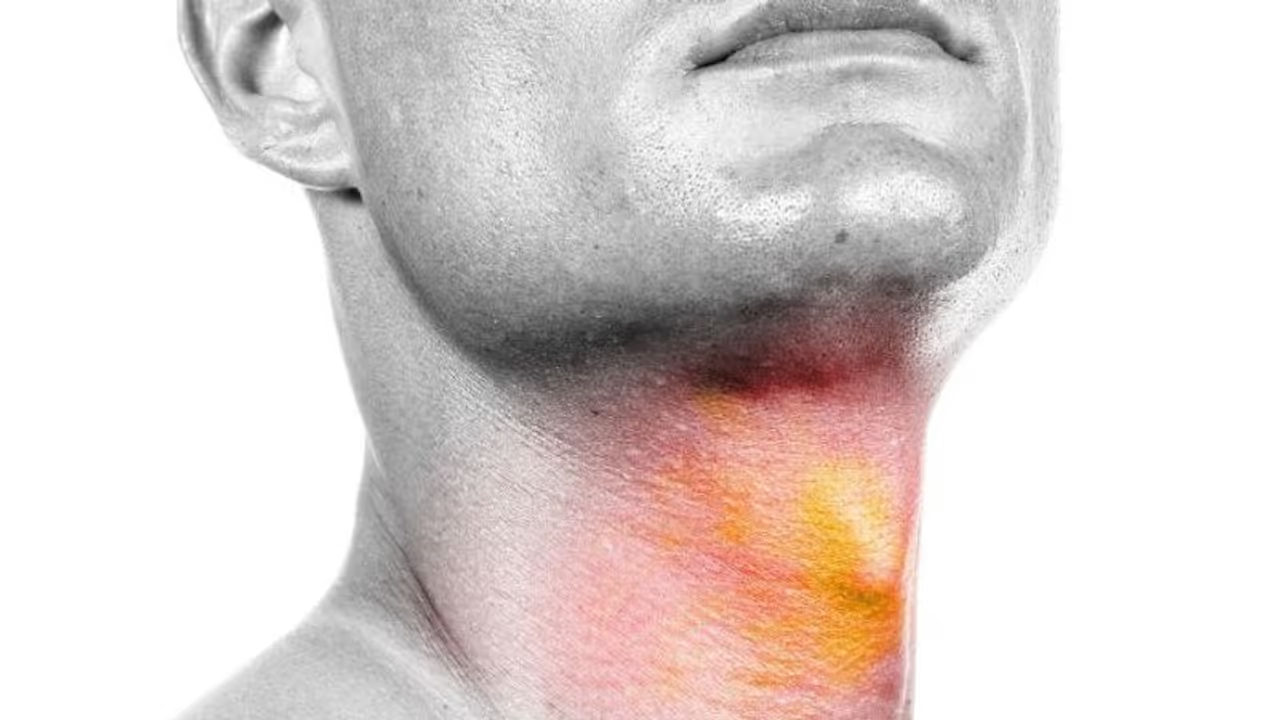What is Throat Cancer? Cancer may strike any body region, with over 200 distinct forms. Throat cancer, also known as laryngeal or hypopharyngeal cancer, occurs in the throat, which links the mouth and the oesophagus.

Cancer is a group of diseases characterized by the uncontrolled growth and spread of abnormal cells. These cells divide and multiply accelerated, forming tumours that can invade and destroy nearby tissues. Cancer can affect any part of the body, and there are over 200 different types of cancer. Throat cancer, also known as laryngeal or hypopharyngeal cancer, develops in the throat, which is part of the body that connects the mouth and the esophagus.
It can affect various parts of the throat, including the larynx (voice box), the pharynx (upper throat), and the hypopharynx (lower throat). It can impact our ability to speak, swallow, and breathe comfortably, highlighting the critical importance of understanding this disease and the available treatment options. There are two main types of throat cancer are:
Also Read: Winter savior: 6 body oils to hydrate your skin
Laryngeal cancer: This type of cancer affects the larynx, also known as the voice box, which is responsible for producing sound.
Oropharyngeal cancer: This type of cancer affects the oropharynx, which is the part of the throat that lies behind the mouth and includes the tonsils.
Symptoms of Throat Cancer
- A persistent sore throat that does not go away
- Difficulty swallowing
- Hoarseness or changes in voice
- A lump in the neck
- Ear pain
- Unexplained weight loss
- Coughing with blood
The following are the key risk factors for throat cancer:
Tobacco use: Smoking and using smokeless tobacco products both raise the risk of throat cancer considerably.
Excessive alcohol drinking increases the risk of throat cancer.
Infection with the human papillomavirus (HPV): HPV, particularly HPV-16 and HPV-18, is a substantial risk factor for some forms of throat cancer.
Diet: A diet heavy in processed foods and low in fruits and vegetables may raise the risk of throat cancer.
The size and extent of the tumour, as well as whether it has spread to adjacent lymph nodes or other organs, are used to stage throat cancer. Stage I (early stage) to Stage IV (advanced stage) are the stages.
The treatment strategy for throat cancer is determined by the disease's stage and the patient's general condition. The following are the primary therapeutic options:
Surgery: Surgery is frequently used as the primary therapy for locally advanced throat cancer. The location and size of the tumour determines the type of surgery. Surgical procedures may include the removal of a portion of the throat, the complete larynx (voice box), or adjacent lymph nodes.
Also Read: Winter wellness: 6 tips to soothe your joints and stay active
Radiation treatment is the employment of high-energy beams to eliminate cancer cells. It can be used on its own or in conjunction with surgery. Radiation therapy can be administered externally via a machine or internally via radioactive implants inserted directly into the tumour.
Chemotherapy is the employment of chemicals to destroy cancer cells all throughout the body. For advanced-stage throat cancer or cancer that has spread to other regions of the body, it is frequently used in conjunction with radiation therapy.
Therapy with a specific goal: Drugs that directly target certain molecules or processes involved in cancer development and progression are used in targeted treatment. It is a relatively recent therapy option for throat cancer.
There are various things you may do to lower your chances of getting throat cancer:
- Smoking cessation and the use of smokeless tobacco products
- Keeping alcohol consumption to a minimum
- consuming a nutritious diet rich in fruits and vegetables
- Getting an HPV vaccination
- Maintaining optimal oral hygiene
Throat cancer is a dangerous disease, but there is hope for a happy result with early identification and breakthroughs in therapy. Anyone worried about throat cancer must first understand the symptoms, risk factors, and treatment choices. Preventive measures and timely medical intervention for any worrying signs can make a big impact in the progression of this condition.
Dr. Sharan Hatti, Senior Consultant Surgical oncology, HCG Cancer Centre, Kalaburagi
